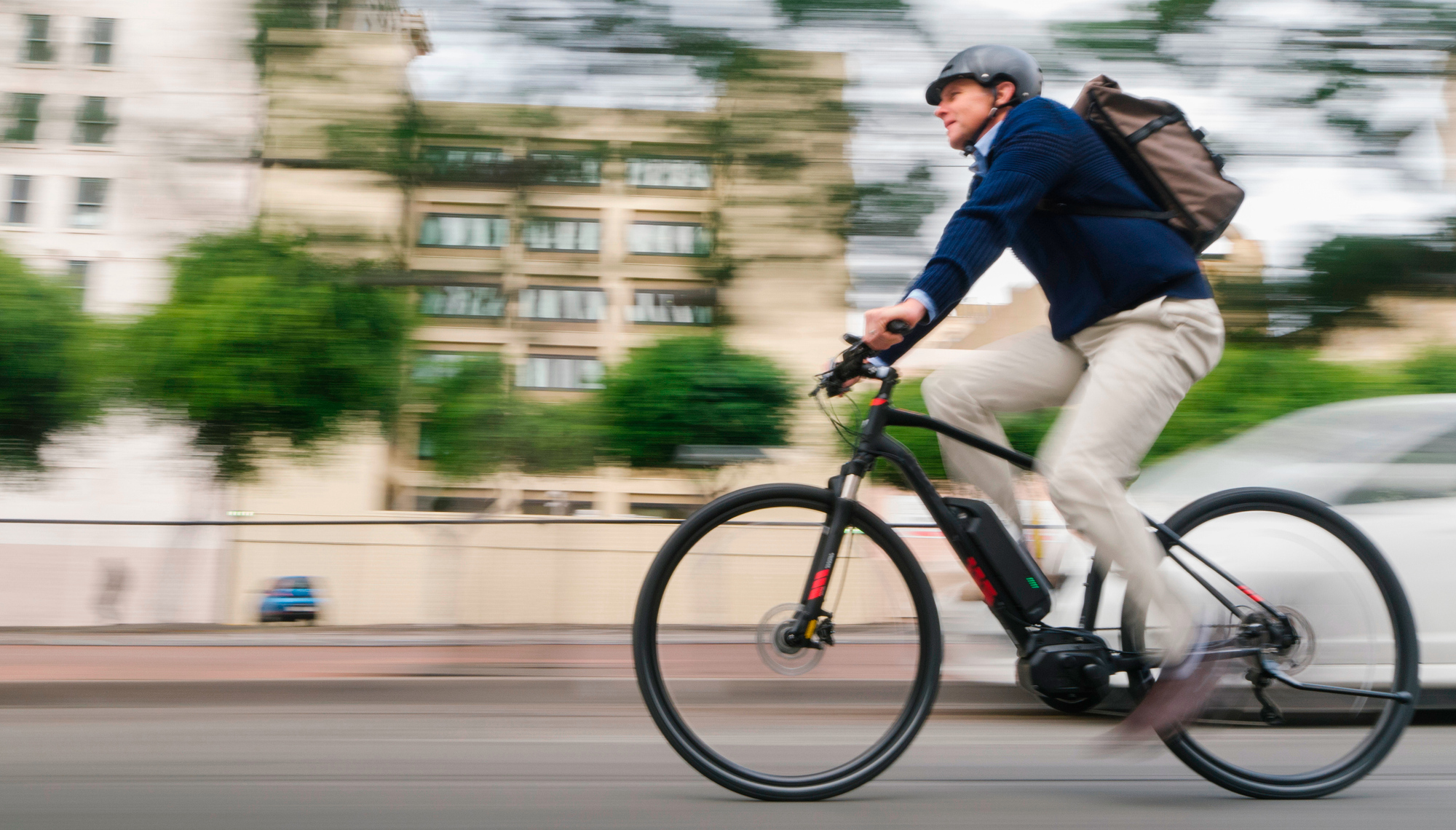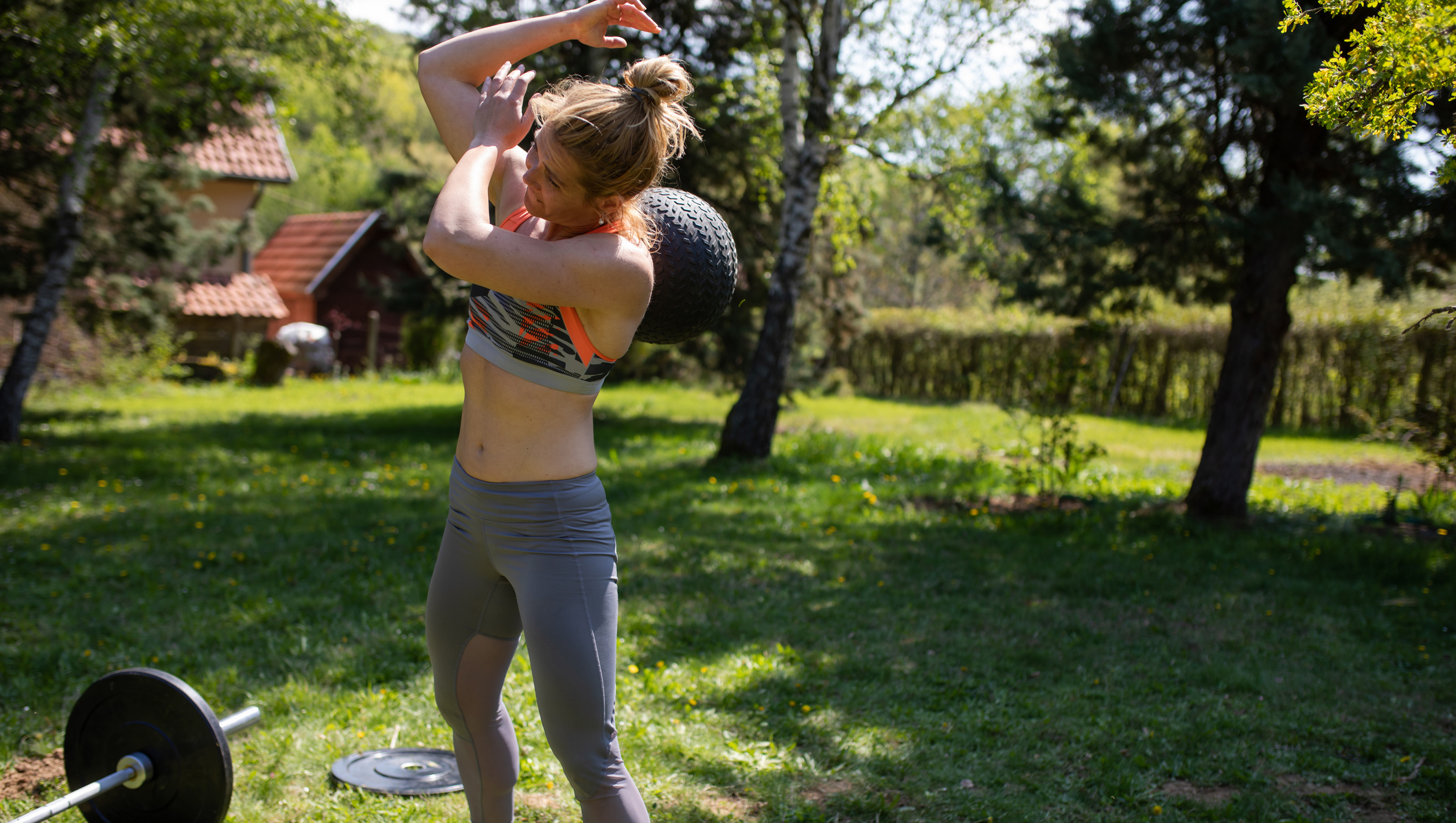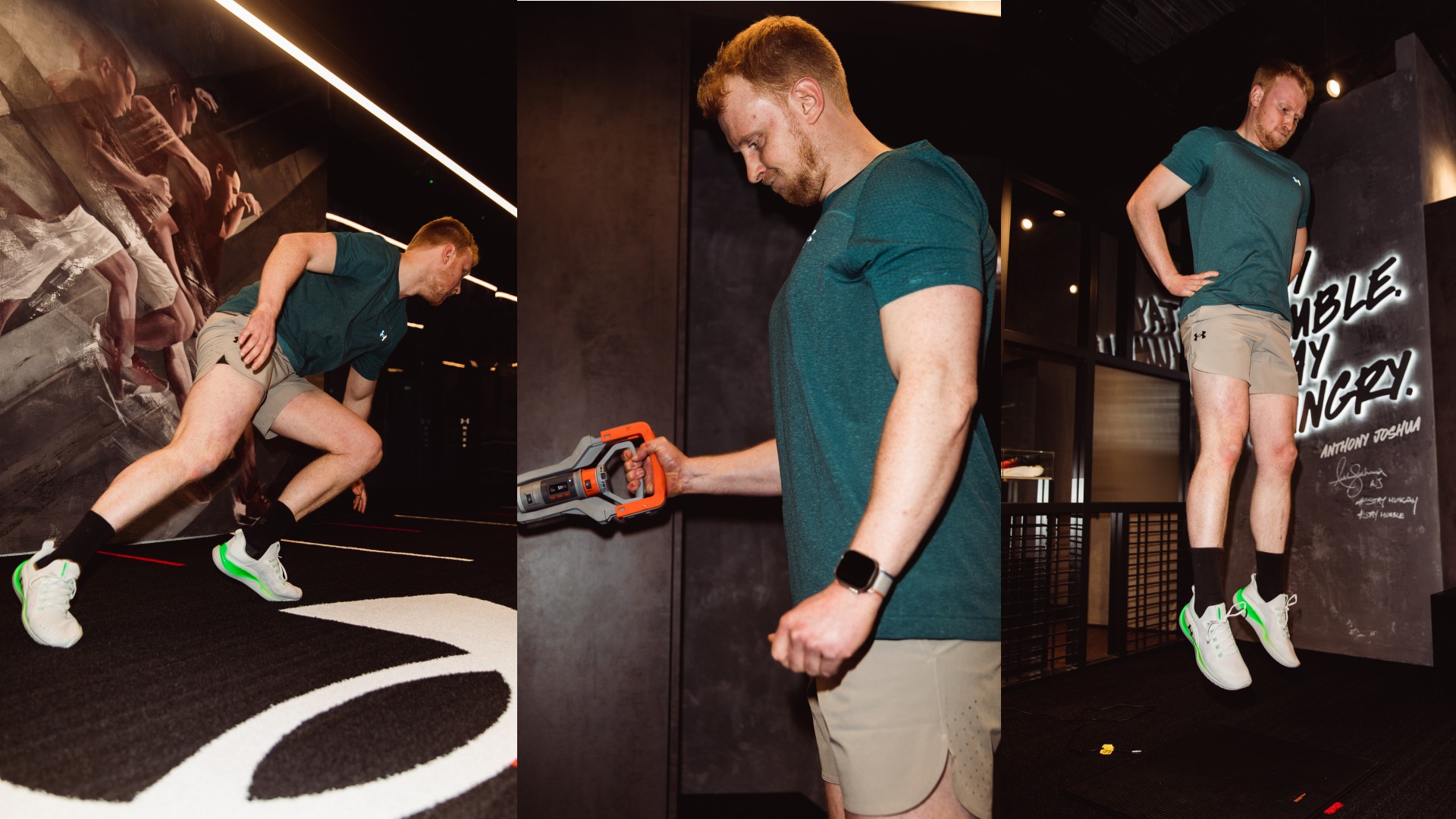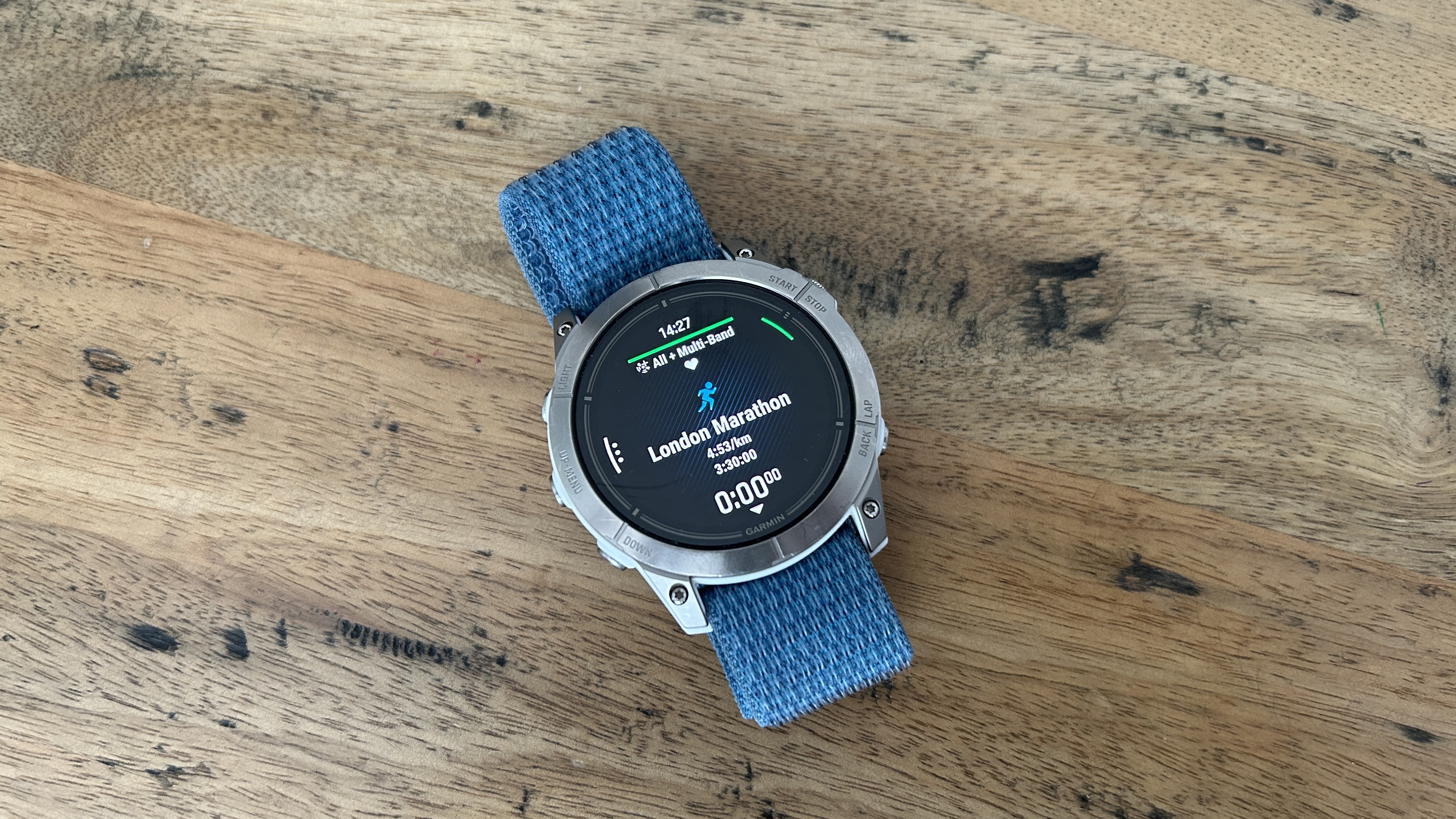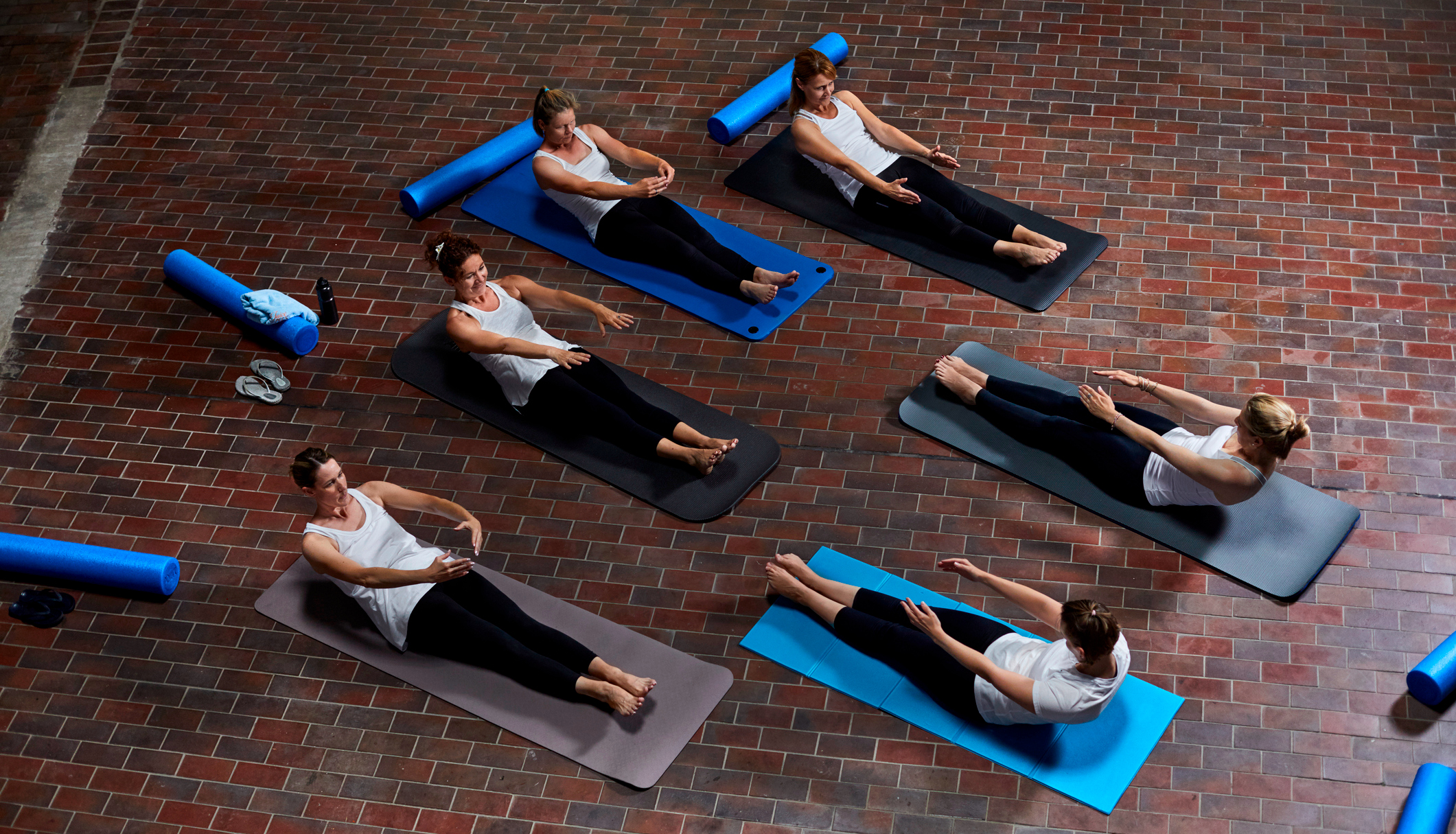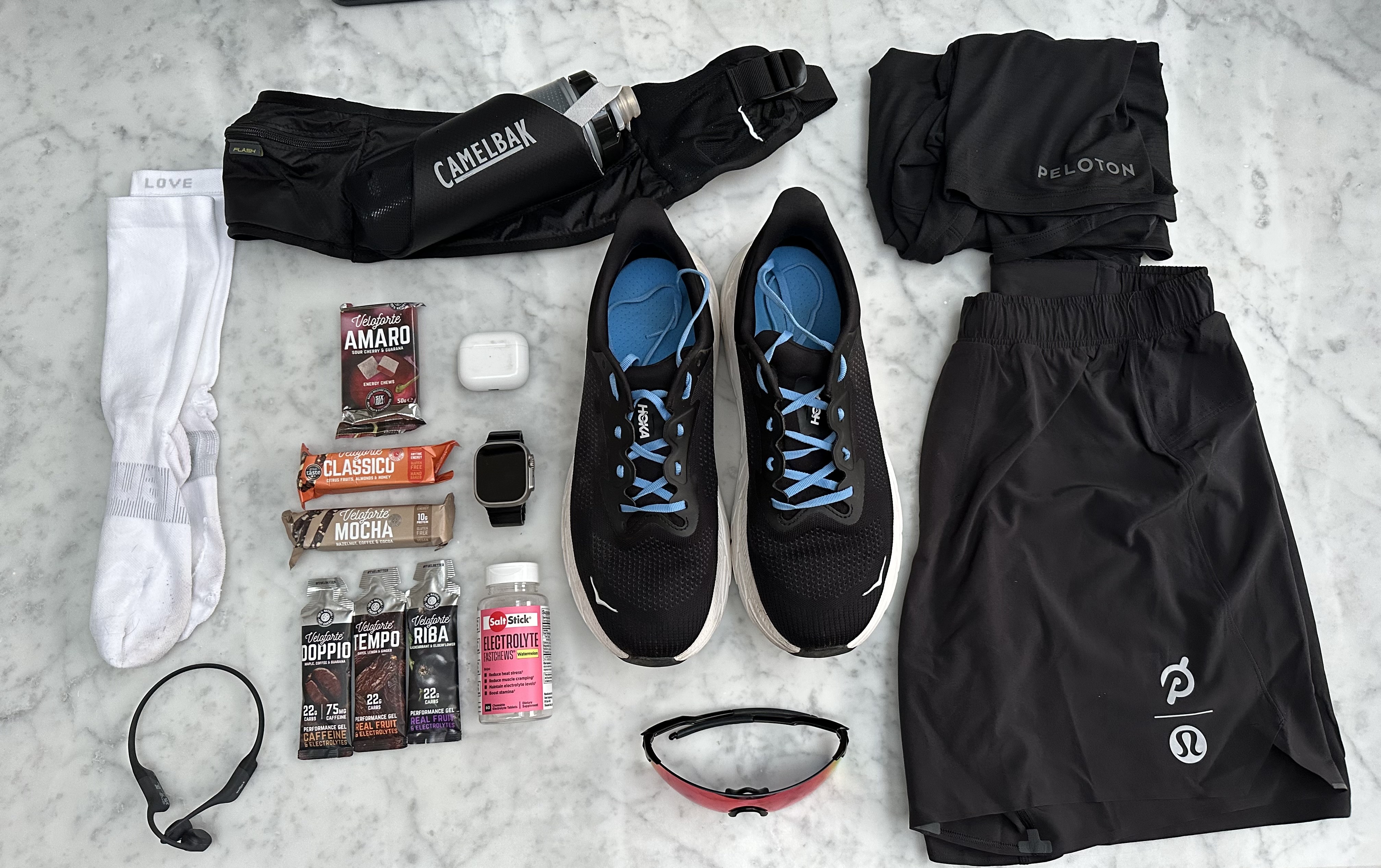5 Signs You Need To Take A Rest Day
Taking time to recover is non-negotiable

When you’re sticking to a training plan or working towards a goal it can often be difficult to take a step back and have a rest day. The routine you’re used to may have become second nature and the idea of taking time out can feel like you’re slowing your progress.
There’s more to a rest day than little or less movement, though. It’s a necessary opportunity for your mind and body to relax, heal, recover and reset. In fact, rest is just as important as the workouts themselves – something people who are focused on getting fit can easily forget.
Sufficient rest allows your muscles to repair and helps to replenish your energy. When you step back into the gym it’s likely that you’ll feel fitter and stronger, which allows you to train harder and make bigger improvements.
Taking a rest day can also help to avoid injuries associated with consistent training. It’s far better to ensure that your body is in optimum shape for your workouts by taking regular days off, rather than pushing it to the limit and ending up injured and unable to train for weeks. This is known as overtraining and, as well as injuries, can cause further health problems like extreme fatigue, bad sleep and mood swings.
A rest day doesn’t just mean you have to sit on the sofa all day – although that is a perfectly acceptable way to recover. Long walks, bike rides and yoga are all good active recovery methods, as is foam rolling or any form of mobility movement that can help your body prepare for going back to exercise.
Aside from scheduled rest days, there are times when you need to listen to your body and give it the rest it needs. Here we run through the main signs that you need to kick back and recover.
1. When You Have Barely Slept
Sleep is one of life’s essentials; without it, we simply can’t function effectively – train on insufficient sleep and things can become noticeably tougher. Alex Marks, personal trainer and founder of On Your Marks studio says exercising when you haven’t had a solid night’s sleep can knock your energy levels out of whack.
Get the Coach Newsletter
Sign up for workout ideas, training advice, reviews of the latest gear and more.
When you haven’t slept well, you’re naturally going to have less energy, so using up what little you have could leave you seriously energy depleted throughout the rest of the day. According to Marks, the idea of “pushing through” is the only option for many people, resulting in reliance on caffeine, lacklustre performance and possibly sugar highs and lows.
“If you can avoid over-caffeinated or sugar spells in the day by eating balanced meals followed by an earlier bedtime, you will make up for lost time,” says Marks. “Take a rest day, and focus on nutrition and an early bedtime.”
2. When You’re Uncomfortably Sore
Delayed onset muscle soreness (DOMS) will be well known to most people who exercise and it can have a detrimental effect on your training. It tends to kick in 24 to 72 hours after a workout and is the result of micro-tears made in the muscles from training.
But suffering from DOMS doesn’t mean that you have to stop exercising completely. Although intense exercise may not be possible, Marks says light movement and mobility are both great ways to use a rest day effectively. You can also adjust your workouts to train different muscles from the ones that are currently sore.
“I’m not saying ‘what doesn’t kill you makes you stronger’ should be your motto,” says Marks, “but there is something to be said about seeking opportunities to keep moving within the capacity of your body. Sleeping, eating to your calorie ceiling (the maximum calories available to keep you on your goal line), hydrating and receiving therapy in the form of massage are also great ways to help your recovery.”
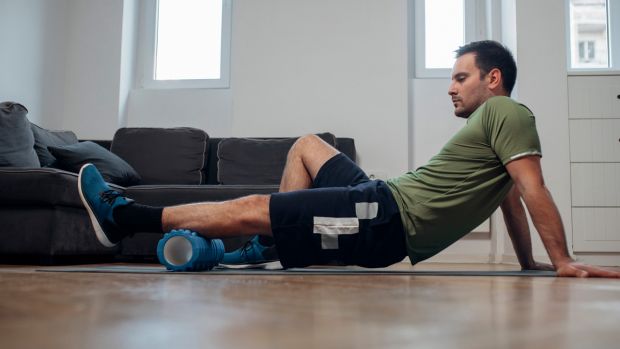
3. When It’s Been A Week Since Your Last Rest Day
Although there are no set rules on how many rest days you should take for every workout day, one to two a week is a good starting point.
“If you have itchy feet, choose a yin yoga style class,” says Marks. “It’s unlikely you’re training for the Olympics and have a programme that takes into consideration everything you’d need to perform to your maximum day in and out.”
Instead of exercising, Marks recommends sleeping, eating and enjoying being social. “Refine the days you are exercising next week. Plan your training and ask yourself what you can work on to make your routine or performance that much better.”
See related
- Five Benefits Of Cross-Training
- Recovery Tips For Your Marathon Training
- The Best Foam Rollers
- The Best Massage Guns For Any Budget
- 10 Symptoms Of Stress You Shouldn’t Ignore
4. When You’re Ill
An illness can appear at any time, and if the pandemic has taught us anything, it’s that staying away from others is important to stop things from spreading – you may not be able to train effectively, so don’t put others at risk as well. As well as this, exercising when ill can make the illness worse. Rather than prolong how you’re feeling, take time off from working out and let your body recover.
“If you’re experiencing cold and flu-like symptoms from the neck down, stop,” says Marks. “With head colds, the general rule of thumb is that light to moderate exercise can be OK. However, consider that symptoms could get worse when you’re draining your body of energy, which could instead be better used to fight off a virus.”
5. When You’re Too Stressed
The human body can handle the occasional bout of stress. In fact, some stress can be good for us. However, long-term chronic stress is a different thing altogether and it can wreak havoc on our physical and mental health.
Exercise is itself a form of stress for the body, so when it’s combined with other stressors – physical or mental – it can have a powerful impact on our ability to function effectively. Marks agrees that physical stress on top of any mental and emotional stress can overwhelm the body. “It’s frightening when you look at the statistics of modern disease linked to stress,” says Marks, who suggests taking care of your mental health with “naps, long walks, phone calls with friends or even visits to a therapist”.
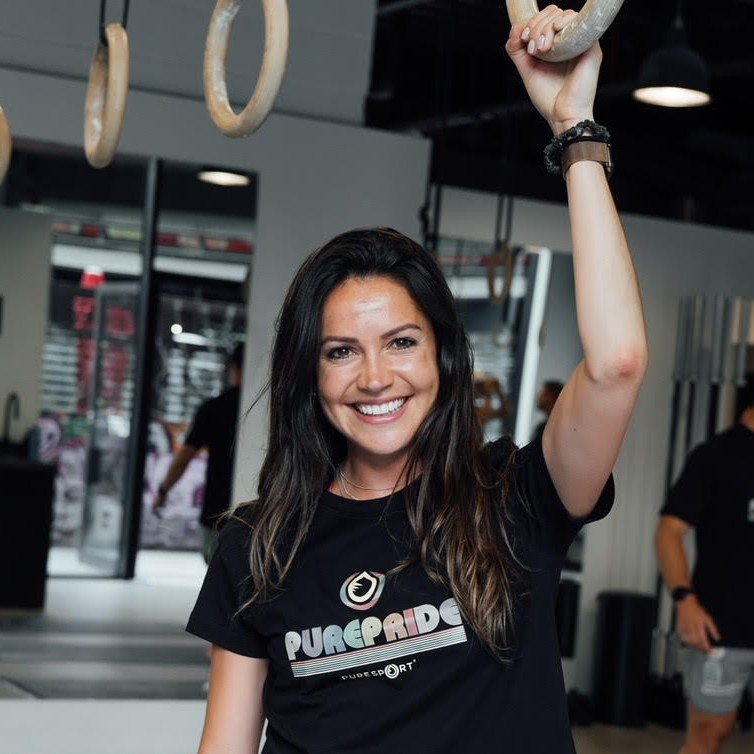
Lucy is an experienced health and fitness journalist, and was formerly health editor for TI Media’s portfolio of women’s titles. Lucy qualified as a level 3 personal trainer with Train Fitness in 2016, and also holds qualifications in pre- and post-natal fitness, as well as in nutrition for exercise.

